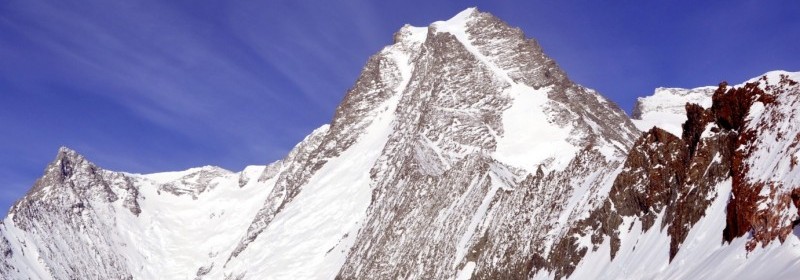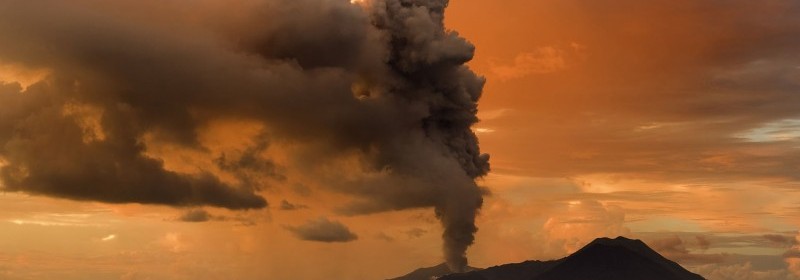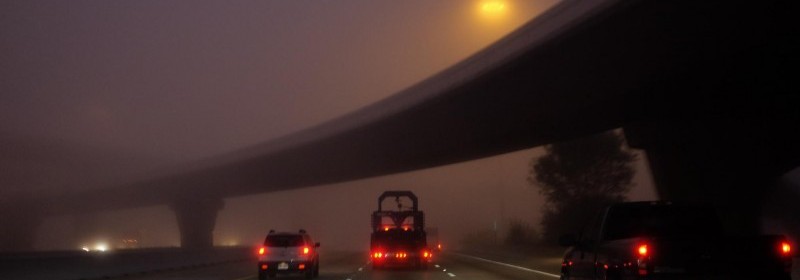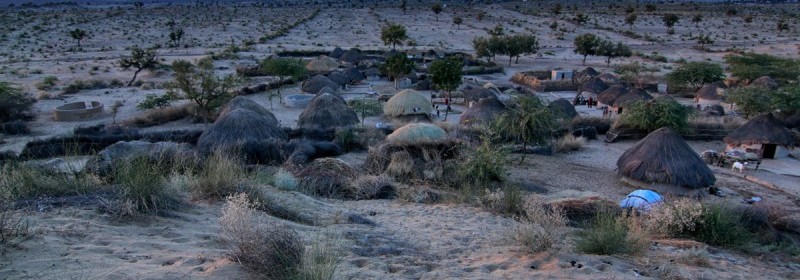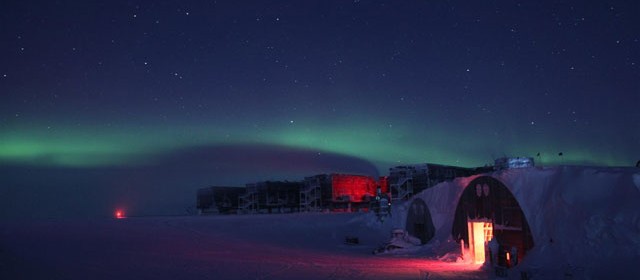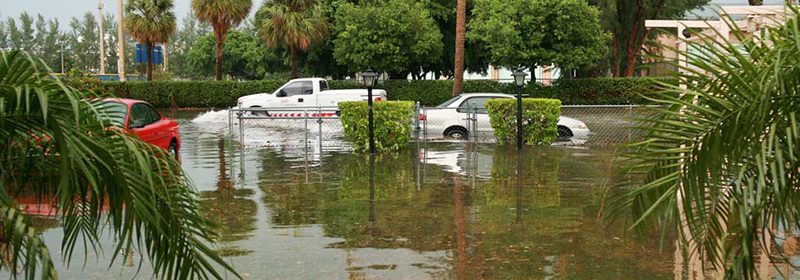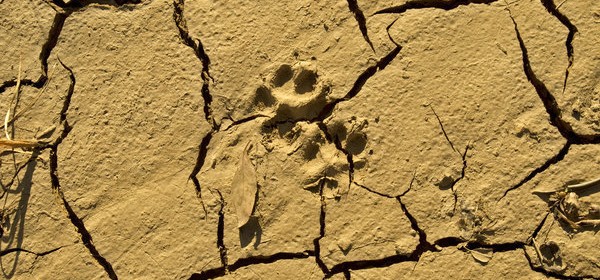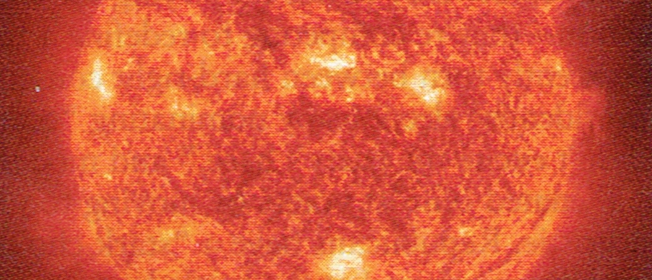Medieval Period Was Warmer Than Expected
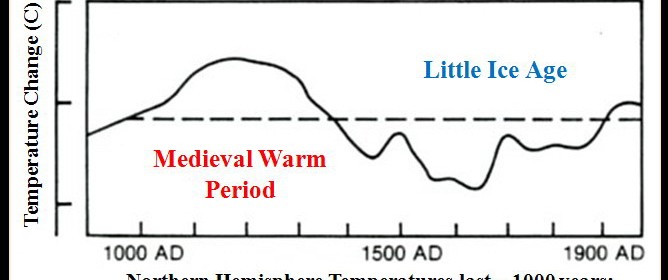
One of the most common arguments of those skeptical of global warming is that the Medieval Warm Period (800-1400 AD) was as warm as or warmer than today. Using this as proof to say that we cannot be the cause of current global warming is a faulty notion based upon rhetoric rather than science. So what are the holes in […]
Read more
